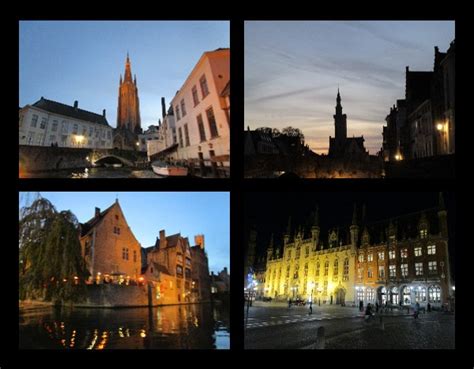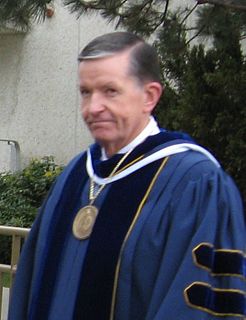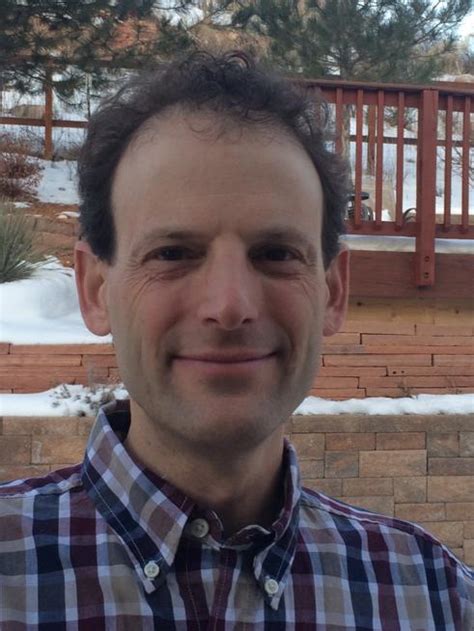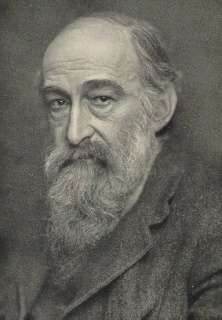A Quote by John Locke
If we trace the progress of our minds, and with attention observe how it repeats, adds together, and unites its simple ideas received from sensation or reflection, it will lead us farther than at first, perhaps, we should have imagined.
Related Quotes
The mind being, as I have declared, furnished with a great number of the simple ideas conveyed in by the senses, as they are found in exterior things, or by reflection on its own operations, take notice, also, that a certain number of these simple ideas go constantly together... which, by inadvertency, we apt afterward to talk of and condier as one simple idea.
Every Man being conscious to himself, That he thinks, and that which his Mind is employ'd about whilst thinking, being the Ideas, that are there, 'tis past doubt, that Men have in their Minds several Ideas, such as are those expressed by the words, Whiteness, Hardness, Sweetness, Thinking, Motion, Man, Elephant, Army, Drunkenness, and others: It is in the first place then to be inquired, How he comes by them? I know it is a received Doctrine, That Men have native Ideas, and original Characters stamped upon their Minds, in their very first Being.
While our institutional mission and destiny are not in doubt, how we each participate and understand our individual responsibilities requires constant attention, effort, and vigilance. BYU will progress and prosper, but our individual success is not guaranteed without our own personal best efforts and worthily received blessings.
Rather than make claims of final theories, perhaps we should focus on our ever-continuing dialogue with the universe. It is the dialogue that matters most, not its imagined end. It is the sacred act of inquiry wherein we gently trace the experienced outlines of an ever-greater whole. It is the dialogue that lets the brilliance of the diamond’s infinite facets shine clearly. It is the dialogue that instills within us a power and capacity that is, and always has been, saturated with meaning.
Not only America but all countries should think together about how the enormous might of the sole remaining superpower should be used. We need a leadership that is based on partnership, a leadership that unites nations and makes it possible to solve the problems of the globe together. Otherwise, we will have another Gold Rush for a superpower that wants to gain even greater advantages, that wants to gain an absolutely new position for itself. That would lead to a perverse utopia.
John declared that "Christ received not of the fulness at the first," but that he "continued from grace to grace until he received a fulnesss and thus he was called the Son of God, because he received not of the fulness at the first." Thus is it with us all. We must work out our salvation and exaltation by coming to this earth. Man must be born into mortality and live and die that he may continue in his progress toward eternal life and exaltation.
Perhaps in the back of our minds we already understand, without all the science I've discussed, that something terribly wrong is happening. Our sustenance now comes from misery. We know that if someone offers to show us a film on how our meat is produced, it will be a horror film. We perhaps know more than we care to admit, keeping it down in the dark places of our memory-- disavowed. When we eat factory-farmed meat we live, literally, on tortured flesh. Increasingly, that tortured flesh is becoming our own.
Death is nothing to us: for after our bodies have been dissolved by death they are without sensation, and that which lacks sensation is nothing to us. And therefore a right understanding of death makes mortality enjoyable, not because it adds to an infinite span of time, but because it takes away the craving for immortality.






































